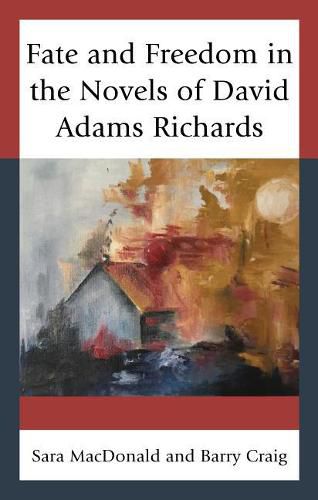Readings Newsletter
Become a Readings Member to make your shopping experience even easier.
Sign in or sign up for free!
You’re not far away from qualifying for FREE standard shipping within Australia
You’ve qualified for FREE standard shipping within Australia
The cart is loading…






This book explores the understanding of freedom developed in the later novels of celebrated Canadian author, David Adams Richards. Many reviewers highlight two interconnected features in Richards novels: a seemingly rigid determinism of setting and sociodemographics, and a resulting hopelessness. In contrast, Richards describes the quest of human life and the purpose of his novels as a search for freedom. This book explores the account of freedom that is developed through the course of four of Richards’s works: The Friends of Meager Fortune, Mercy Among the Children, The Lost Highway, and Crimes Against My Brother. Following the Augustinian thread that informs Richards’s writing, we argue that rather than presenting an understanding of human life that is bleak or hopeless, Richards instead reveals an argument wherein one’s happiness and freedom is found in the midst of love.
$9.00 standard shipping within Australia
FREE standard shipping within Australia for orders over $100.00
Express & International shipping calculated at checkout
This book explores the understanding of freedom developed in the later novels of celebrated Canadian author, David Adams Richards. Many reviewers highlight two interconnected features in Richards novels: a seemingly rigid determinism of setting and sociodemographics, and a resulting hopelessness. In contrast, Richards describes the quest of human life and the purpose of his novels as a search for freedom. This book explores the account of freedom that is developed through the course of four of Richards’s works: The Friends of Meager Fortune, Mercy Among the Children, The Lost Highway, and Crimes Against My Brother. Following the Augustinian thread that informs Richards’s writing, we argue that rather than presenting an understanding of human life that is bleak or hopeless, Richards instead reveals an argument wherein one’s happiness and freedom is found in the midst of love.